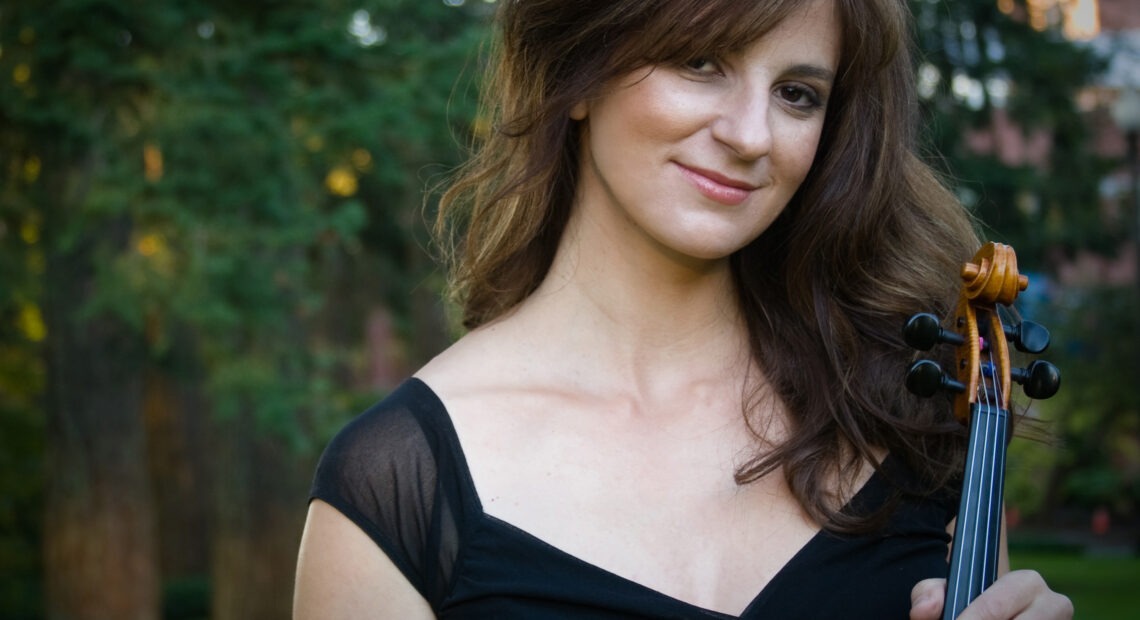
Passing The Baton: Puget Sound Professor Of Violin Dr. Maria Sampen
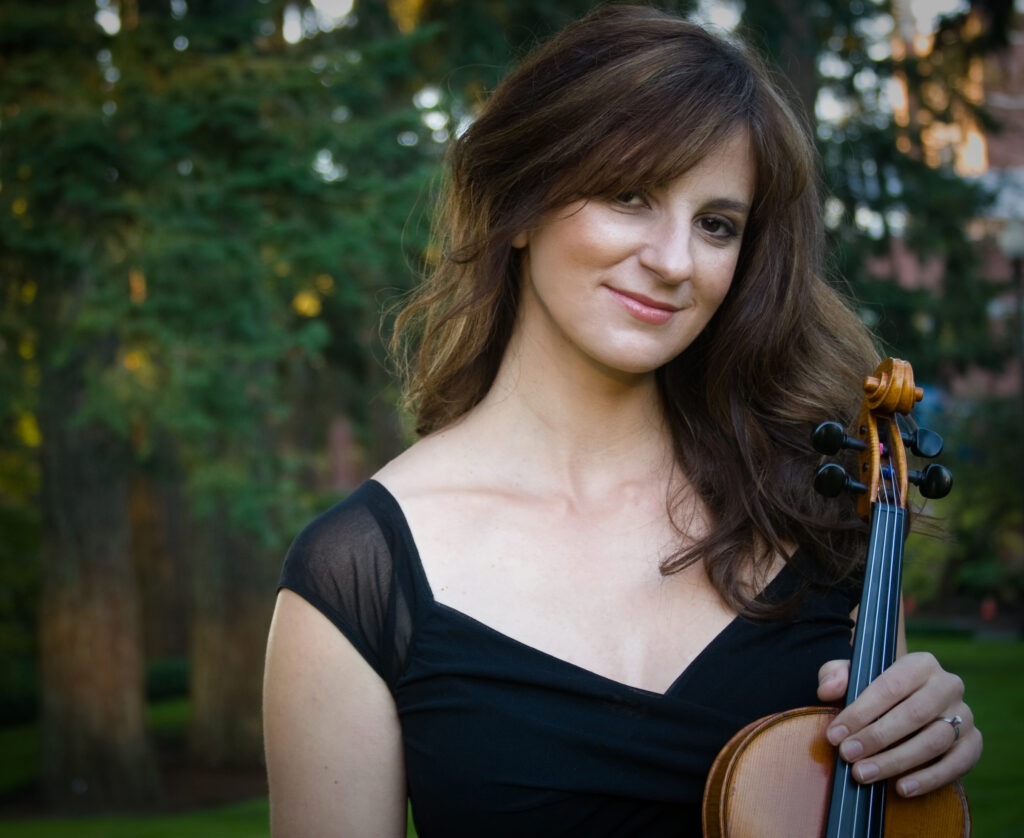
Listen
From the teaching studio to the concert hall, musicians are uniquely poised to create community through their work. For Dr. Maria Sampen, inspiration comes from her camaraderie with fellow performers and her students.
Sampen is a professor of violin and chairs the String Department at the University of Puget Sound in Tacoma. She is also a member of the Washington State Music Teachers Association. She believes in building circles of community: of audience, composers, performers and students, each one affecting the other.
“I think as musicians, it’s important for us to think about the spaces where we play, whether they are welcoming to the community we wish to have be a part of our music, and the kind of music we play,” she says. “Are we choosing repertoire that has a much broader impact, different voices, different backgrounds, different cultures? I think all those things are really important and they all are essential in building these connections and the circles.”
Her student circle includes violin students who attend the University of Puget Sound, performance and non-music majors alike. Also, community members from middle school age to adults. She appreciates that the diverse backgrounds and interests of her students help inform their musicality. Sampen observes, “There are a lot of different ways of making music and making it meaningful in your own life. My students love to play the violin. But they also love going hiking, or rock climbing, and scuba diving, and all these things, right? It’s not that solitary time in the practice room that makes you a great artist. All these things work together to help us become better artists.”
In addition to bringing those different interests to their music making, Sampen believes that what makes her students great artists is working together and learning from each other, not just going from one-on-one lessons to the practice room and back.
“You spend all this time all by yourself kind of agonizing over your art,” she says. “That is one part of what we do, but the much greater part: the reason we do all of those things, is not because it’s so fun to be in the practice room all by ourselves. It’s because it’s fun to be within a community creating something that is greater than the individual.”
She recalls the first time she discovered that musical community — as a student, playing in an orchestra of her peers at the Interlochen Summer Arts Camp.
“That’s when it all changed,” she recalls. “Having that community around me of people that were exciting about doing this and the experience of making music together. I credit that with why I decided to go into music.”
But Sampen understands that for her own students, the pandemic has made finding that same experience almost impossible.
“We lost much of that community,” she says, “All of the opportunities for musicians to make music together stopped. Luckily, one-on-one lessons were something we could continue. But, at a certain point I think everybody kind of hit a wall, because there wasn’t the community of being able to make music together, or to be in a space together and to experience music together.”
Still, she finds that one of the joys of teaching is the symbiotic relationship between teaching and performing she finds in community with her students.
“The work I do as a performer directly informs my teaching, and the work I do one-on-one with my students, or as a group, directly informs my performing,” she says. “And then, of course, when I see my students grappling with their challenges and finding answers for things, or finding those little victories, that’s really inspiring for me. So maybe when I’m getting ready for a concert and I’m frustrated that something’s not going right, but I’ve watched my students make this transformation over time, I find that very inspiring. I’m like, ‘They can do it. I can do it too.’”
“The idea that something bigger than the individual comes out of making music together as a community.”
Passing the Baton is a series on music mentors from NWPB Classical. See more in the series here.
Related Stories:
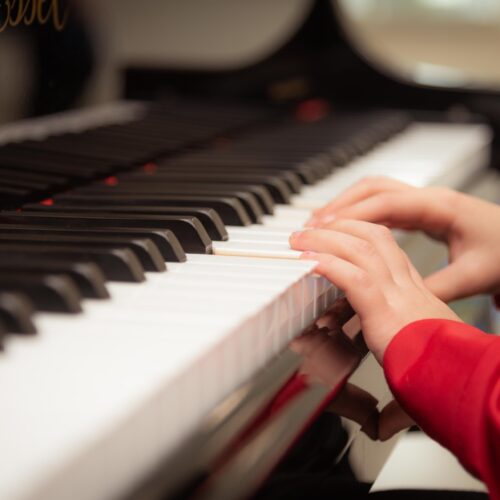
Passing the Baton: Teachers And Their Music
Freshly sharpened pencils. New spiral notebooks. Markings of a new school year and a new opportunity to fill your brain with math and English and music. Many composers led double lives as teachers, and some of the music we remember best originated in the classroom.
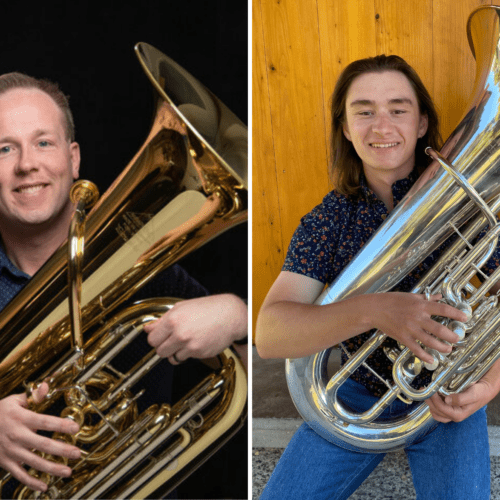
Passing The Baton: WSU Tuba Professor Dr. Chris Dickey And Student Tim Schrader
When a student becomes an award-winner, you congratulate the teacher, right? A teacher like Dr. Chris Dickey, assistant professor of tuba at WSU. His student earned this year’s first prize in European Music at the Charleston International Music Competition. The student is WSU sophomore Tim Schrader.
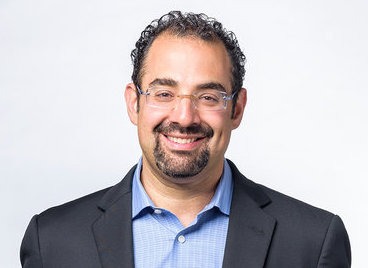
Passing the Baton: From Isbin And Hauser To Bellingham Symphony Music Director Yaniv Attar
Conducting a symphony orchestra is hard. It takes a special set of skills to bring out just the right sound from a stage full of players. Even after Bellingham Symphony’s Music Director Yaniv Attar finished his studies with legendary classical guitarist Sharon Isbin, he found that she still had a thing or two to teach him about conducting.















